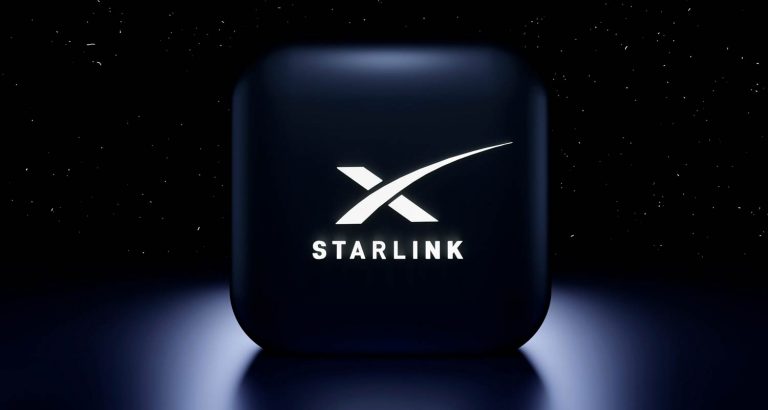adverts
Just a year after its launch in Kenya, Starlink has quickly emerged as the country’s tenth-largest internet service provider (ISP), gaining over 8,000 subscribers, according to data from Kenya’s Communications Authority (CA).
“Starlink Internet Services Kenya, which was licensed earlier in the financial year to provide satellite internet services, had a market share of 0.5 percent as of June 30, 2024,” the CA reported.
Starlink’s rapid expansion is one of the fastest among ISPs in Kenya, spurred by strong interest in its satellite-based internet service, especially in underserved regions.
adverts
In Kenya’s competitive ISP landscape, where many new providers take years to build momentum, Starlink’s swift rise highlights the demand for reliable internet access in areas previously neglected by traditional providers.
Although its subscriber base is small compared to leading ISPs like Safaricom, which boasts 545,000 subscribers, and Jamii Telecommunications, with 360,000 subscribers, Starlink’s potential for growth is significant.
Unlike fibre-based ISPs, which require extensive ground infrastructure, Starlink delivers internet via satellite, relying on a network of over 6,000 satellites operated by its parent company, SpaceX. This satellite system allows Starlink to sidestep the costly infrastructure investments that drive up prices for traditional ISPs.
Starlink offers competitive pricing with plans tailored to different needs. Its most affordable plan starts about $10 USD for speeds of up to 200 Mbps, while a residential package is available at pproximately $31 USD, offering up to 100 Mbps. These prices are often lower than comparable plans from other ISPs, making Starlink an attractive option for customers seeking high-speed internet at affordable rates.
However, this competitive advantage has sparked tensions with established ISPs. Industry leader Safaricom has urged regulators to impose stricter entry conditions for satellite-based operators like Starlink, while also responding by upgrading its fibre speeds to retain customers tempted by Starlink’s offerings. Other ISPs have resorted to offering discounts in an effort to stay competitive.
Despite the heightened competition, Safaricom has expressed a willingness to collaborate with Starlink. While no details have been provided, such a partnership could enable Starlink to leverage Safaricom’s extensive logistical network, potentially accelerating its growth in Kenya’s increasingly competitive ISP market.
As Starlink continues to make inroads into the Kenyan market, its innovative satellite-based service could change the landscape of internet access in the country, particularly in remote areas where traditional ISPs have struggled to provide reliable service.


